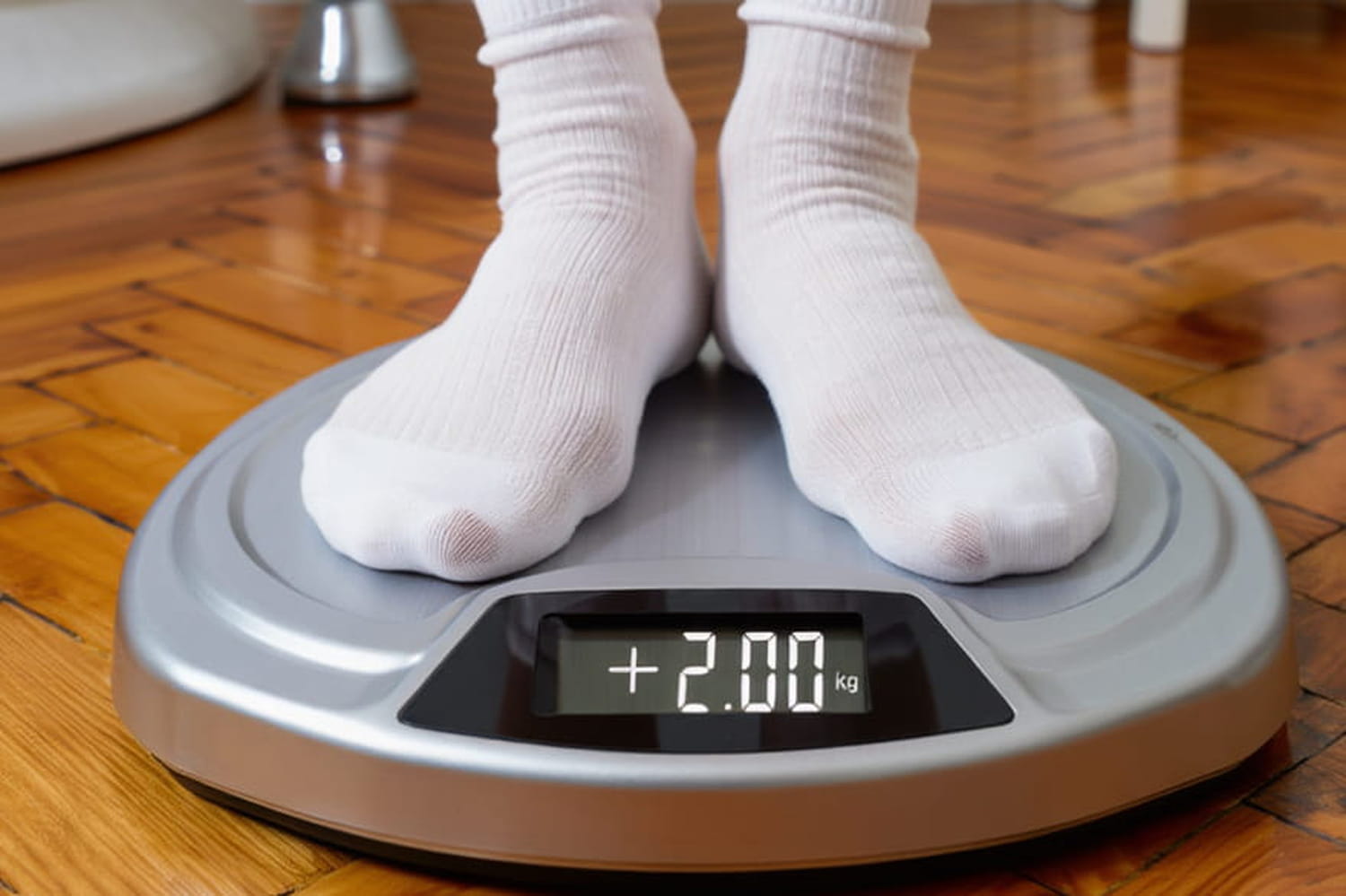Gaining weight when you start exercising is an observation shared by many women.
Having the courage to take up sport to finally gain weight is a bit of a cold shower. In reality, gaining weight while doing physical activity is common and, in many cases, a sign that the body is evolving in the right direction, according to Dr. Jean-Michel Lecerf, nutritionist, specialist in endocrinology and metabolic diseases. “It is indeed possible to gain a little weight by playing sports. he confirms. According to him, this weight gain “generally occurs if you significantly increase your muscle mass, which is more the case when you perform resistance exercises such as bodybuilding or weightlifting. However, gaining muscle is a slow and progressive process: it often takes several weeks of effort before seeing a real impact on weight.
And food? “After intense physical exercise, such as weight training or interval training, it is common to feel more hungry: the body naturally seeks to replenish its energy reserves” explains Dr. Lecerf. This sensation is partly linked to hormonal variations, notably an increase in ghrelin (the hunger hormone) and a decrease in leptin (the satiety hormone). Conversely, certain moderate endurance activities, such as brisk walking or cycling, can temporarily suppress the appetite just after exercise. In other words, you should really start eating a lot more than usual and especially anything (ultra-processed food, fast food…) to gain fat while exercising.
Another path feared by women: water retention. But it is false, at least not in the way we imagine. Sport does not cause pathological water retention otherwise there would be edema: excess water blocked between the cells, often visible by swelling of the legs, ankles or fingers. On the other hand, there may be more water in the body linked to muscle gain. Muscles naturally contain a lot of water, essential for their proper functioning during exercise. This water, called intracellular, demonstrates good hydration and normal muscle tone. If we gain muscle, we have more water.
To summarize, sport does not make you gain weight in the sense of “gaining fat”: it transforms. A little weight gain at first may occur, especially if one gains a little muscle or temporarily retains water, but this is not fat. The body transforms before the scale reflects it. This is why it is essential not to rely solely on the number displayed on the scale. “It’s best to watch measurements, especially waist circumference, which is a key indicator of cardio-metabolic health (and fat gain). The use of an impedance balance can also be useful: it allows you to distinguish between fat mass and lean mass (muscles, water, bones). concludes Dr Jean-Michel Lecerf. All you have to do is take a tape measure and measure your waistline or buy an impedanemetry scale.


